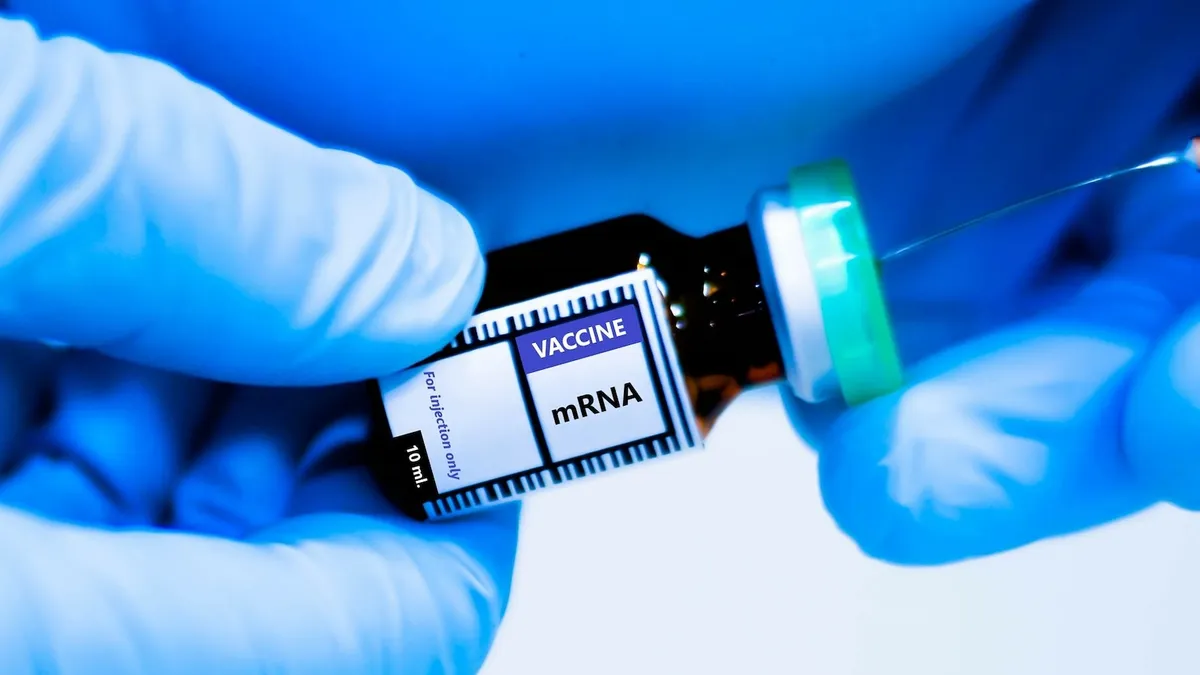
A recent preliminary study published in the journal Nature reveals that a personalized mRNA vaccine may significantly reduce the risk of pancreatic cancer returning after surgery. This groundbreaking research brings hope to patients suffering from one of the most aggressive forms of cancer, known for its typically low survival rate of about a year post-diagnosis.
Although the mRNA vaccine is still in the early stages of testing, the initial findings are promising. According to Dr. Vinod P. Balachandran, the lead investigator and senior author of the study, further trials are necessary to confirm the vaccine’s efficacy. Should these trials prove successful, the vaccine could become widely available in the future.
In a small trial involving 16 patients, the vaccine elicited a strong immune response in half of the participants. Most of these responders remained cancer-free for over three years, a significant improvement compared to those who did not respond to the treatment. This suggests the potential of the vaccine to extend survival rates significantly.
The personalized mRNA vaccine works by training specialized immune system cells, known as T cells, to recognize and attack cancer cells. Although researchers could not monitor tumor shrinkage, as all patients underwent surgery to remove visible cancer prior to vaccination, they observed that the vaccine produced long-lasting T cells capable of combating cancer for extended periods.
Dr. Balachandran emphasized the challenge of eliciting an immune response for illnesses like pancreatic cancer, which typically do not respond to vaccines. This underlines the significance of these findings.
A larger trial is currently underway to validate the results. If successful, this innovative approach could pave the way for new treatments or preventive measures for pancreatic and other advanced cancers. Dr. Balachandran expressed optimism that the study could offer valuable insights into developing vaccines for other types of cancer.
In the future, the knowledge gained from these clinical trials may inform the application of vaccines in diverse settings, including primary prevention to prevent cancer from occurring or treating advanced disease stages.
Contributed by Suhas Kochat, MD.